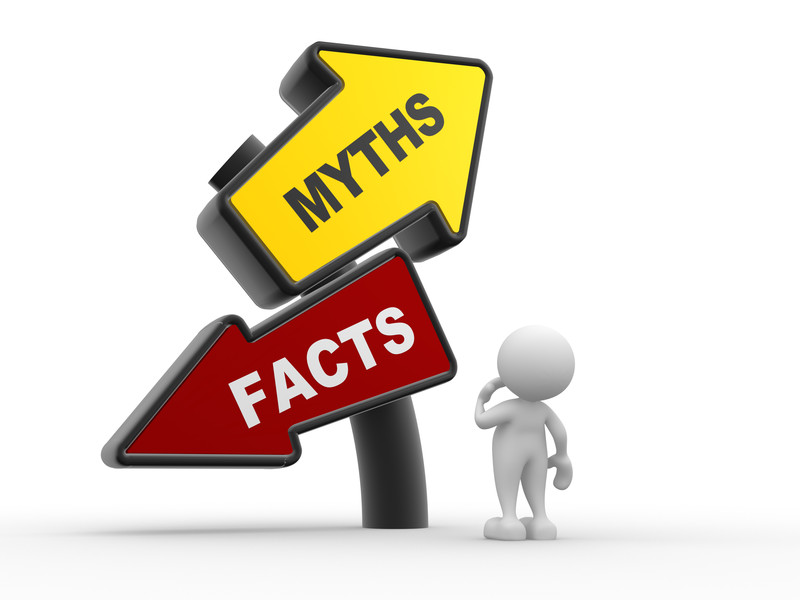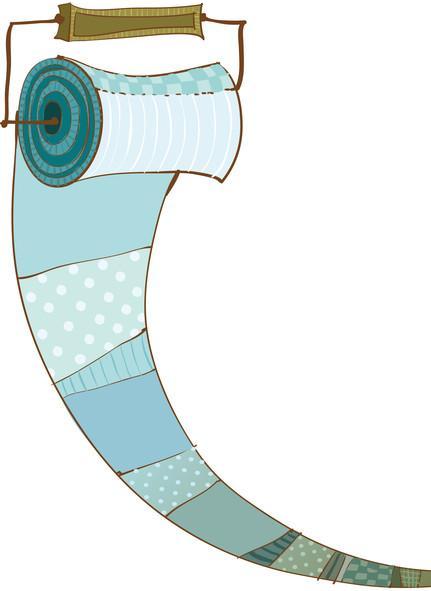This site, including all original art and content, is TM, ®, and/or ©, 2014. All rights reserved.
.
Fact: Mood Can Affect Your Regularity
Depression may trigger constipation or make it worse. Reducing stress through meditation, yoga, biofeedback, relaxation techniques, acupressure or shiatsu massage may help. Also, massaging the abdomen relaxes the muscles that support the intestines and get your bowels moving.
Myth: It's abnormal if you don't have a bowel movement daily
Actually, fewer than 50% of people have a bowel movement every day. What's "normal" varies from person to person. Some people go three times a day, while others go three times a week. Although having a bowel movement once a day is common, it's fine to go a few days without one. Constipation means having fewer than three bowel movements per week. You're considered severely constipated if you have fewer than one movement a week.
Fact: Drinking Water May Help
Liquids can help keep your stool soft. Also, drinking plenty of water helps prevent dehydration, which can lead to constipation. Keep in mind that too much caffeine or alcohol can cause dehydration and therefore should be avoided.
Myth: Holding It In Won't Hurt
You may feel uncomfortable going in public bathrooms or are too busy at work to have a bowel movement. But ignoring the urge when it comes may not only make you physically uncomfortable, it can cause or aggravate constipation by weakening the signals over time. Some people find it helps to set aside time after breakfast or another meal for a bowel movement. However, no matter when nature calls… answer.
Fact: A Low-Fiber Diet May Cause Constipation
Not having enough fiber in your diet often leads to constipation. To prevent it, try to get at least 20 grams a day, but more is better. Eat more fruits and vegetables, and replace white rice, bread, and pastas with whole-grain products. Increase your fiber intake slowly to avoid gas and bloating. And, water helps fiber pass stools, so drink at least 2 to 4 extra glasses of water a day. Don't expect results overnight, however, after a few days of regular fiber intake you should start to see improvement.
Myth: Coffee Can Cure Constipation
It's true that the caffeine in coffee can stimulate the muscles in your digestive system to contract, causing a bowel movement. However, coffee can actually make stools harder to pass because it is also a diuretic, so it draws liquid out of the stools. If you are constipated, avoid coffee and other diuretics such as alcohol and caffeinated teas and colas.
Fact: Prunes Help Keep You Regular
This small, dried fruit has earned a big reputation as "nature's remedy" for constipation. Prunes (often called dried plums) can prevent or improve constipation symptoms. They're packed with insoluble fiber, as well as the natural laxatives sorbitol and dihydrophenylisatin. The soluble fiber found in prunes may also help lower cholesterol, and they're safe for long-term consumption. Children who don't like prunes might eat prune juice ice pops or sip prune juice mixed with another juice to disguise the taste.
Myth: The number of bowel movements increases with age.
Actually, the number of bowel movements decreases with age.
Fact: Vacations Can Cause Constipation
Travel can change your daily routine and diet, contributing to constipation. Avoid dehydration by drinking water, especially if you're flying. Also move around when you can - for example, while waiting for plane connections or by taking rest stops when driving. Other travel tips include exercise, limiting alcohol consumption, and make a point of eating fruits and vegetables.
Myth: Poop Is Supposed To Smell Bad
Although poop is not an air freshener, it shouldn't reek. Although the smell of your poop is related to what you eat, malabsorption is another common cause. It occurs when your body is unable to absorb the proper amount of nutrients from your food intake and occurs when there's an intestinal infection or even something more serious.
Fact: Exercise Keeps You Regular
Lack of physical activity can contribute to constipation. Exercise, however, can reduce stress and help make your bowel movements more regular. Wait at least an hour after eating a big meal before you exercise to give your body time to digest your food. Try a 10 to 15-minute walk several times a day. Stretching and yoga can also help relieve or avoid constipation.
Myth: Colon Cleansing Will Clear Me Out
Enemas and colon irrigation (high colonics) may temporarily remove body waste, but they're not an effective way to prevent or cure constipation. Enemas can actually cause constipation in older people who get them regularly. Colonic irrigation, which is usually done by colonic hygienists or therapists, can damage the colon and lead to other issues.
Fact: Stool Softeners Are Laxatives
Stool softeners prevent constipation by allowing stools to absorb more water from the colon, therefore preventing feces from hardening. Like other laxatives, stool softeners should be taken for short-term relief. Talk to your physician before combining stool softeners with other laxatives or constipation treatments.
Myth: Pooping Leads To Weight Loss
Although it may help you lose "weight" temporarily, it won't help you loose fat. Calorie absorption takes place largely in the small intestine, not the colon.
Fact: Medications Can Cause Constipation
Some medications for pain, depression, high blood pressure, and Parkinson's disease are associated with constipation. Too much calcium and iron can also lead to constipation. Calcium supplements, especially if taken with another supplement or medication that binds the stool may also cause problems.
Myth: If you eat healthily, exercise, and drink plenty of fluids, you should never suffer from constipation.
Sometimes psychological issues trigger constipation. Depression can be another cause. Constipation can also be caused by an underlying medical condition such as low thyroid hormone levels and some medications.
The Constipation Express: Everything You Need To Be A Pooper
INSIGHT
Poops
and
Bladders


